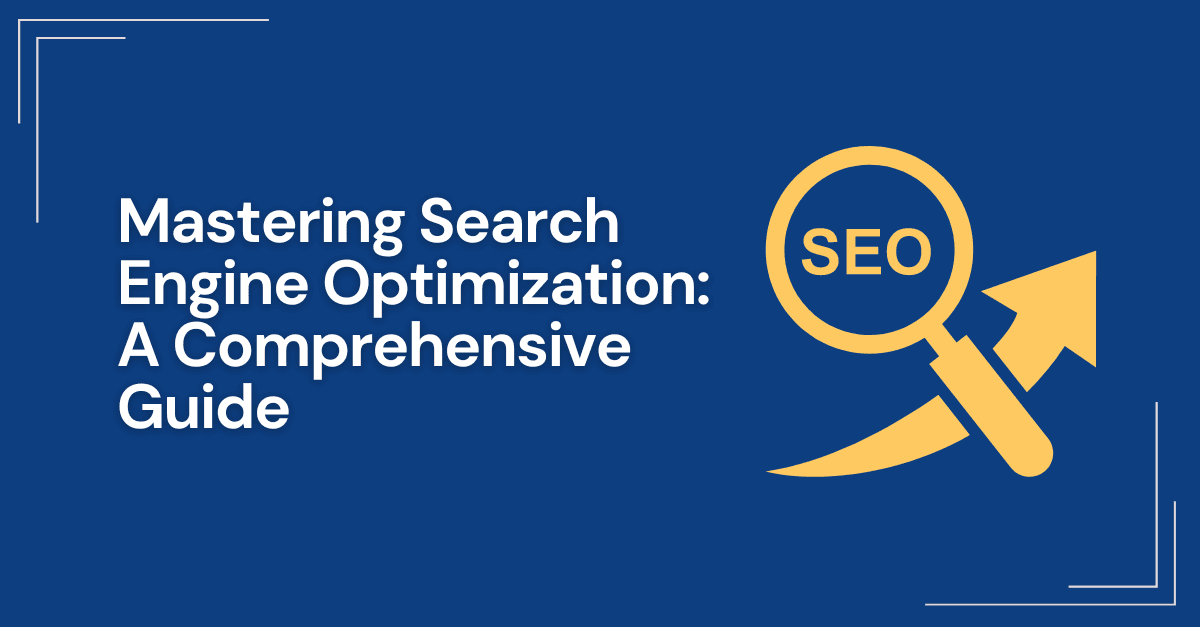Introduction
In the digital age, visibility is key to success. This is where Search Engine Optimization (SEO) comes into play. SEO is the art and science of making your website attractive to search engines, thereby improving your site's visibility. This guide will walk you through the basics of SEO and provide you with strategies to enhance your website's ranking.
Understanding SEO
SEO is a set of strategies aimed at improving your website's visibility in search engine results. The goal is to attract organic (non-paid) traffic to your site by achieving a high-ranking placement in the search results page of search engines like Google, Bing, and Yahoo.
Importance of Keywords
Keywords are the cornerstone of SEO. They are the phrases that users type into search engines when looking for information. By optimizing your website with relevant keywords, you increase the likelihood of appearing in search results when users search for those terms.
On-Page SEO
On-page SEO refers to the optimization of individual webpages so they rank higher in search results. This includes optimizing the content and HTML source code. Key elements include:
Title Tags: These are the titles of your webpages, which should include relevant keywords.
Meta Descriptions: These brief descriptions appear under your webpage title in search results and should also include relevant keywords.
Content Quality: High-quality, original content is crucial. It should be informative, engaging, and updated regularly.
Off-Page SEO
Off-page SEO refers to actions taken outside of your own website to impact your rankings within search engine results pages. This primarily involves building high-quality backlinks.
Backlinks: These are links from other websites to your site. Search engines view backlinks as votes of confidence, so the more high-quality backlinks you have, the better.
Technical SEO
Technical SEO involves optimizing your website for the crawling and indexing phase. This ensures search engines can crawl and index your site without any problems. Key elements include:
Site Speed: A faster website provides a better user experience and is favored by search engines.
Mobile-Friendliness: With the rise of mobile browsing, having a mobile-friendly website is essential.
XML Sitemap: This helps search engines understand the structure of your website and find new pages.
Conclusion
Mastering SEO is a continuous journey. It requires constant learning and adaptation to the ever-changing algorithms of search engines. However, by understanding and implementing the strategies outlined in this guide, you'll be well on your way to improving your website's visibility and driving more organic traffic.




